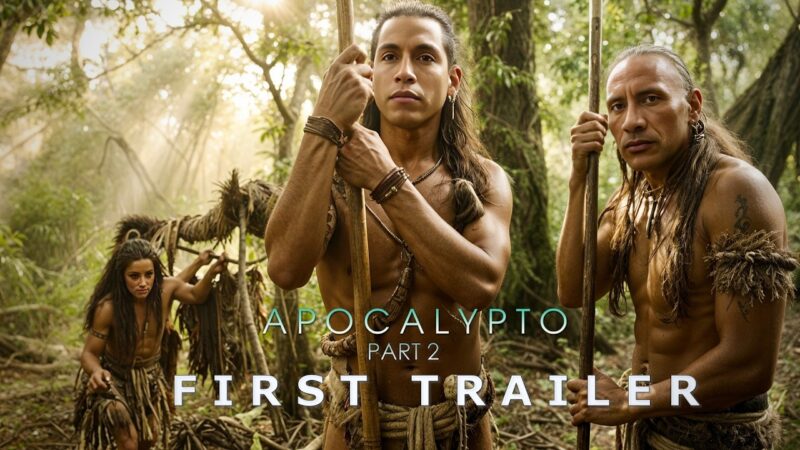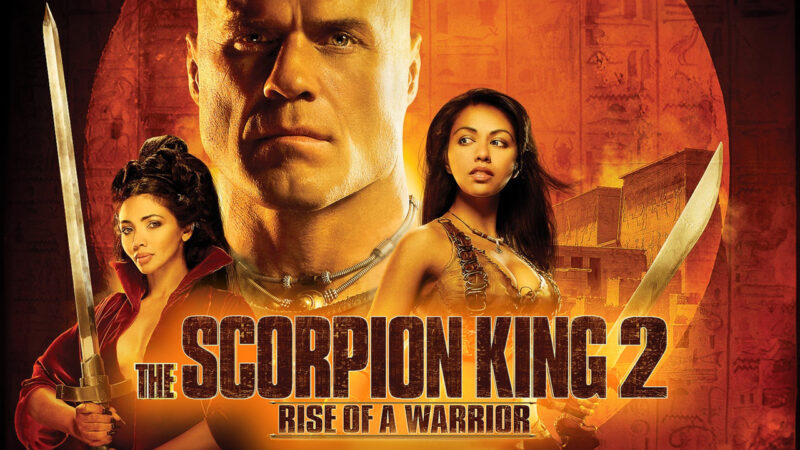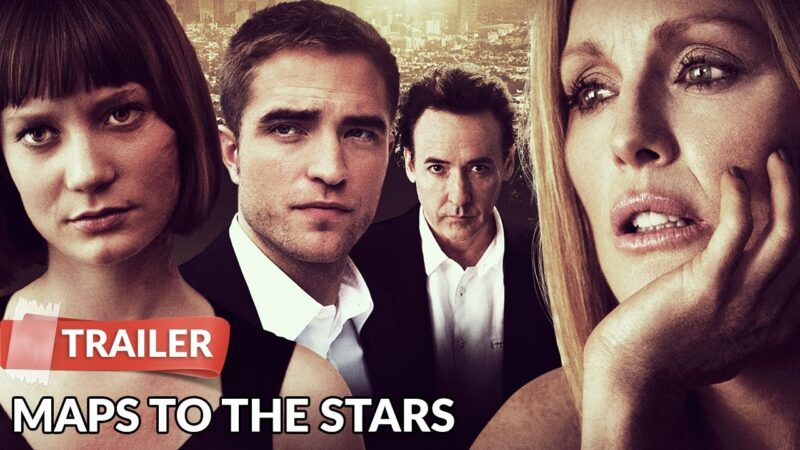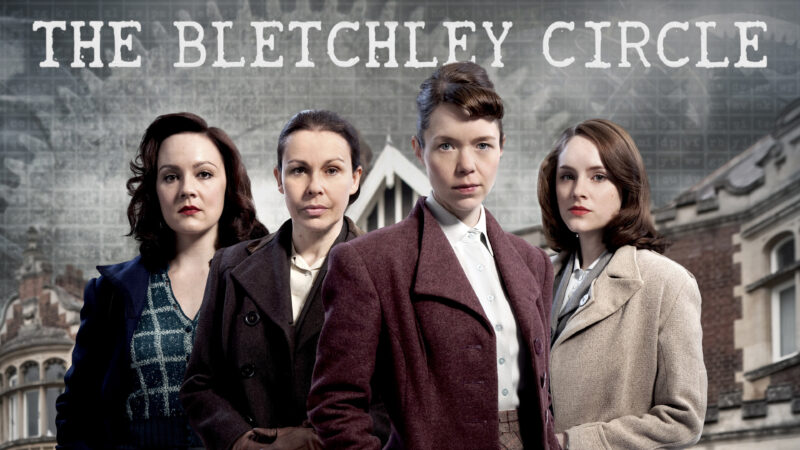🎬🎬𝑴𝒂𝒅𝒓𝒊𝒅 1987

Madrid, 1987: A Claustrophobic Masterpiece of Human Connection

In the intimate and evocative Madrid, 1987, Spanish director David Trueba crafts a minimalist masterpiece that unfolds almost entirely within the confines of a single apartment bathroom. Released in 2011, this dialogue-driven drama captures a fleeting yet profound encounter between two souls from different worlds, locked together in a space that strips away pretense and exposes raw humanity. With its sharp script, compelling performances, and thought-provoking themes, Madrid, 1987 is a cinematic gem that lingers long after the credits roll, inviting viewers to confront the complexities of identity, power, and connection.
A Chance Encounter in Confined Spaces
The story revolves around Miguel (José Sacristán), a cynical, aging journalist whose disillusionment reflects the fading ideals of post-Franco Spain, and Ángela (María Valverde), a young journalism student brimming with curiosity and ambition. What begins as an awkward, ethically questionable meeting—ostensibly for an interview—takes an unexpected turn when the two find themselves accidentally locked in a cramped bathroom. Stripped of their clothes and societal masks, Miguel and Ángela are thrust into a psychological and philosophical standoff that forms the heart of the film.
Trueba’s decision to set nearly the entire narrative in a single location amplifies the tension and intimacy. The claustrophobic bathroom becomes a metaphor for the characters’ entrapment—not just physically, but within their own beliefs, desires, and insecurities. As the hours pass, their interactions evolve from guarded exchanges to raw, unfiltered confrontations, revealing the vulnerabilities beneath their facades.
A Clash of Generations and Ideologies
At its core, Madrid, 1987 is a meditation on generational conflict and the shifting tides of a society in transition. Miguel, a product of Spain’s post-dictatorship intellectual scene, carries the weight of disillusionment, his once-sharp ideals dulled by years of compromise and cynicism. Ángela, on the other hand, represents the hope and defiance of a new generation, eager to carve her own path in a world that’s rapidly changing. Their dialogue—witty, provocative, and at times uncomfortable—explores the chasm between their perspectives, touching on themes of ideology, gender dynamics, and the search for meaning.
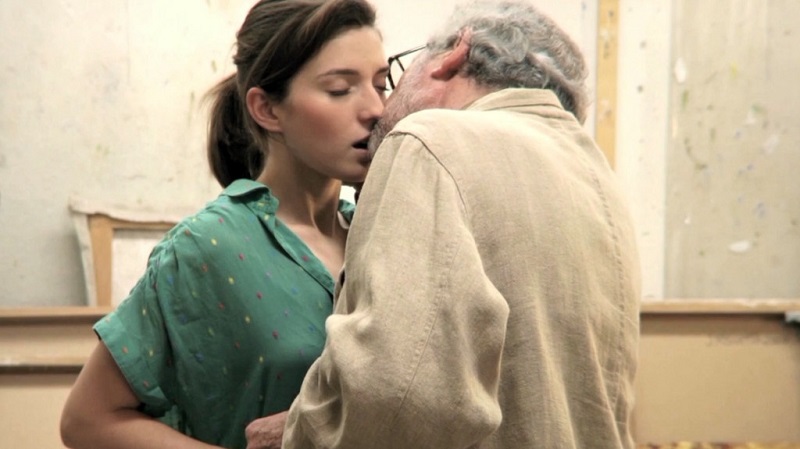
José Sacristán delivers a tour-de-force performance as Miguel, infusing the character with a mix of arrogance, vulnerability, and quiet desperation. María Valverde matches him with a portrayal of Ángela that’s both fierce and fragile, capturing the complexity of a young woman navigating her identity in the face of an older, imposing figure. Their chemistry drives the film, turning their verbal sparring into a dance of power and intimacy that keeps viewers captivated.
Themes That Resonate Deeply
Madrid, 1987 is a film that thrives on its exploration of universal human experiences. The confined setting amplifies themes of vulnerability and connection, as the characters are forced to confront not only each other but also themselves. The generational divide between Miguel and Ángela serves as a lens for examining Spain’s cultural evolution in the 1980s, a period marked by newfound freedoms and lingering shadows of the past. Gender dynamics also play a pivotal role, with the film subtly probing the power imbalances inherent in their encounter, challenging viewers to question notions of authority and agency.

At its heart, the film is a meditation on the human desire to be understood. As Miguel and Ángela peel back layers of pretense, their interactions reveal a shared longing for relevance and connection in a world that often feels isolating. Trueba’s restrained direction and the script’s incisive dialogue ensure that these themes resonate without ever feeling heavy-handed, making Madrid, 1987 a slow-burning yet profoundly moving experience.
A Minimalist Triumph

With its single setting and focus on dialogue, Madrid, 1987 is a testament to the power of minimalist storytelling. Trueba’s direction is understated yet precise, allowing the performances and script to take center stage. The film’s intimate scope is both its strength and its challenge, demanding active engagement from viewers as it unfolds through conversation rather than action. Yet, it’s this very intimacy that makes the film so rewarding, offering a rare glimpse into the complexities of human interaction.
Critically acclaimed for its bold premise and stellar performances, Madrid, 1987 earned praise at festivals like Sundance and remains a standout in Spanish cinema. While it may not have the mainstream recognition of flashier dramas, its quiet intensity and intellectual depth make it a must-watch for those who appreciate character-driven storytelling.
Why Madrid, 1987 Endures
Madrid, 1987 is a film that dares to be small in scope but vast in ambition. Its exploration of identity, power, and the human condition transcends its 1980s Spanish setting, speaking to universal truths about connection and self-discovery. José Sacristán and María Valverde’s performances elevate the material, turning a simple premise into a profound exploration of what it means to be human. For those willing to step into its confined yet richly layered world, Madrid, 1987 offers a cinematic experience that is as thought-provoking as it is unforgettable.
Dive into this Spanish gem and let its raw, intimate storytelling lock you in—just like its characters—until the very last moment.
